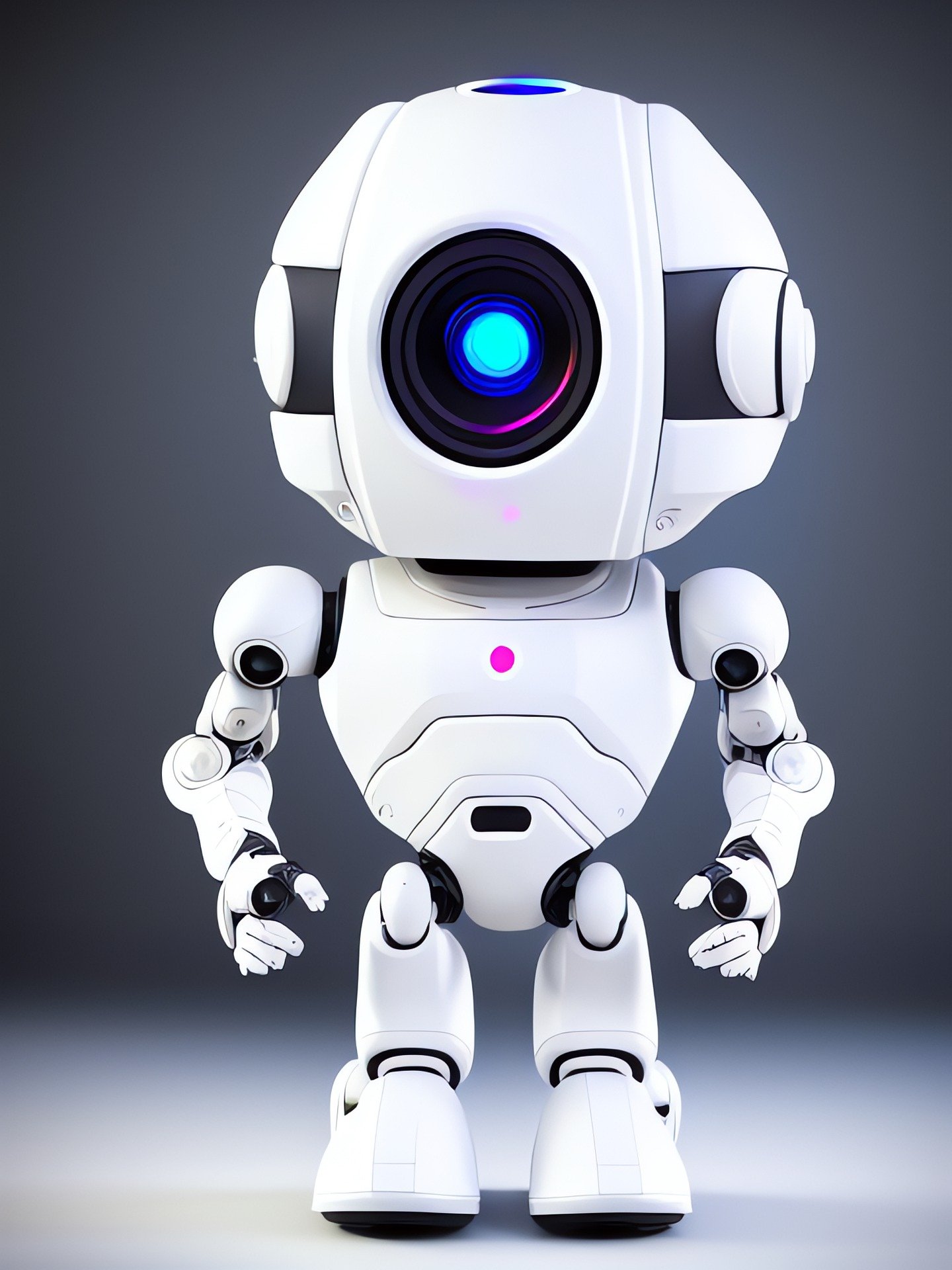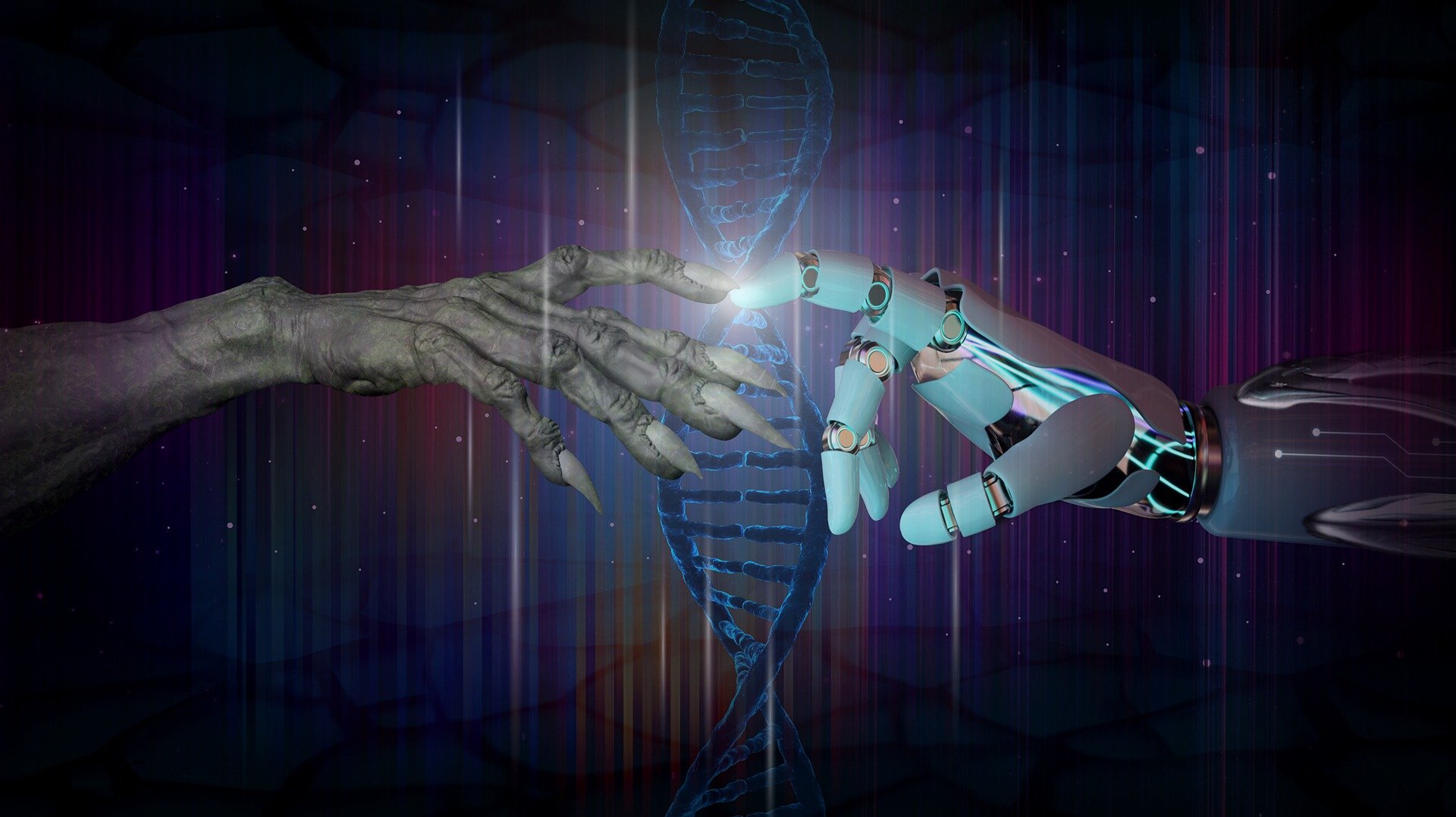17 Things You Should Know About Artificial Intelligence (AI)
Artificial intelligence (AI) has rapidly grown to be one of the most significant technological advancements of this decade already. From self-driving cars to virtual assistants, art, and code generation, AI has already begun to change how we live and work. As the field of artificial intelligence continues to evolve and expand, people and organizations need to understand the basics of what AI is, how it works, and what its implications are.
This article will provide an overview of some key things to know about artificial intelligence and its impact on society. It will delve into the different types of AI, their real-world applications, the challenges and opportunities it presents, the implications on the future of work and society, and the 17 Things People Should Know about Artificial Intelligence brief.
One of the most important things to understand about AI is that it is a field of computer science that aims to create systems that can perform tasks that typically require human intelligence. These tasks include visual perception, speech recognition, decision-making, and language translation. Many types of AI exist, including rule-based systems, expert systems, evolutionary algorithms, Bayesian networks, decision trees, neural networks, and deep learning.
Deep learning, which is a subfield of machine learning, has become one of the most popular methods for creating AI systems. It uses artificial neural networks with many layers to learn patterns in data automatically. This allows the system to improve its performance over time as it is exposed to more data. Deep learning is being used in many applications, such as image and speech recognition, natural language processing, and even drug discovery.
Another key point to understand is that AI is being implemented in various industries, from healthcare and finance to transportation and entertainment. This has led to the creation of new products and services that have the potential to improve our lives globally. For example, AI-powered virtual assistants can help us manage our schedules and find information more efficiently, while self-driving cars have the potential to make our roads safer.
However, as with any rapidly advancing technology, artificial intelligence also presents significant challenges and opportunities that must be considered. One of the major concerns is the impact AI will have on jobs and the future of work. While AI has the potential to automate many tasks, it also has the potential to create new jobs, especially in fields such as data analysis and AI development.
Another important consideration is the ethical, legal, and social implications of artificial intelligence. This includes issues related to bias and fairness in AI systems, as well as ensuring that these systems are transparent, explainable, and trustworthy.
AI has the potential to revolutionize the way we live and work. Still, for the benefits to be fully realized, a diverse group of people must be involved in the development, deployment, and governance of AI systems. This includes considering the perspectives and needs of all members of society. So, we all need to learn about ai as much as possible and get involved together.
Hence the 17 Things People Should Know about Artificial Intelligence article.
Here is an overview of some key things to know about artificial intelligence (AI). However, the topic is broad, and many important nuances and subtleties can't be fully captured in a shortlist, yet here are 17 items that could be considered "17 things to know" about AI.
1. AI is a computer science field aiming to create systems that can perform tasks that typically require human intelligence, such as visual perception, speech recognition, decision-making, and language translation.
2. Many types of AI exist, including rule-based systems, expert systems, evolutionary algorithms, Bayesian networks, decision trees, neural networks, and deep learning.
3. Many AI applications today are based on deep learning, a subfield of machine learning that uses artificial neural networks with many layers to learn patterns in data automatically.
4. AI is being used in a wide variety of industries and applications, such as healthcare, finance, transportation, and entertainment.
5. The field of AI is rapidly advancing, driven by data availability, computation power, and algorithm design improvements.
6. AI has the potential to revolutionize many aspects of society, but it also raises significant ethical, legal, and social challenges that need to be addressed.
7. One of the key challenges in AI is developing systems that can learn and make decisions in uncertain, complex, and dynamic environments.
8. AI systems can be designed to operate autonomously, but in many cases, they are designed to work alongside humans and augment human capabilities.
9. One of the most important considerations in developing and deploying AI systems is ensuring that they are reliable, safe, and trustworthy.
10. AI systems can be trained on large amounts of data, but the quality of the data is crucial for the performance and fairness of the resulting models.
11. AI-based systems can be biased and perpetuate(preserve) the existing bias in the training data.
12. AI applications in decision-making have the potential to improve efficiency. Still, it is important to ensure that they are transparent and explainable so that their decisions can be understood and trusted.
13. AI is a rapidly growing field that is expected to create many new job opportunities, but it may also displace some existing jobs.
14. Many experts believe that AI has the potential to be more intelligent than humans in some respects, but there is an ongoing debate about what it means for a machine to be truly "intelligent."
15. AI research is interdisciplinary, it draws on multiple fields, such as mathematics, computer science, neuroscience, psychology, philosophy, and social science.
16. AI research and development is driven by industry and government investments, as well as academic research.
17. For the benefits of AI to be fully realized, it is important to involve a diverse group of people in the development, deployment, and governance of AI systems to consider the perspectives and needs of all members of society.
It's important to note that this is not an exhaustive list, and there are many important considerations and aspects of AI, I recommend further research into the subject, and I will certainly be learning about artificial intelligence myself.
As we continue to explore the vast potential of AI, we must consider the impact on our lives and society and take steps to ensure that the technology is developed and deployed in a fair, transparent, and beneficial way for everyone.
It is important for me to state again that artificial intelligence is a rapidly growing field that has already begun to change how we work and live. We need to be more familiar with the basics of what AI is, how it works, its real-world applications, and the challenges and opportunities it presents. We need to get involved with artificial intelligence to ensure the diversification and decentralization of governance.
AI is an ever-evolving and growing field, and new developments are emerging daily. Keeping updated with the latest advancements and knowledge is key to understanding the implications and opportunities of this technology.
As individuals and organizations, it's important that we all take responsibility for understanding and shaping the future of AI. One way to do this is by staying informed about the latest developments and best practices in the field and participating in discussions and decision-making processes around the use and governance of AI.
We encourage you to research more about AI, its implications, and how to engage with the responsible development of this technology. Together, we can ensure that AI benefits society as a whole
I’m going to go deeper into the subject at some point in the future here on zar.ink so, please subscribe to our newsletter with your email and find me on social media. My username is the same everywhere @haykzar. Let’s become friends, and let’s tell stories together.
Thanks for reading!
Hayk




